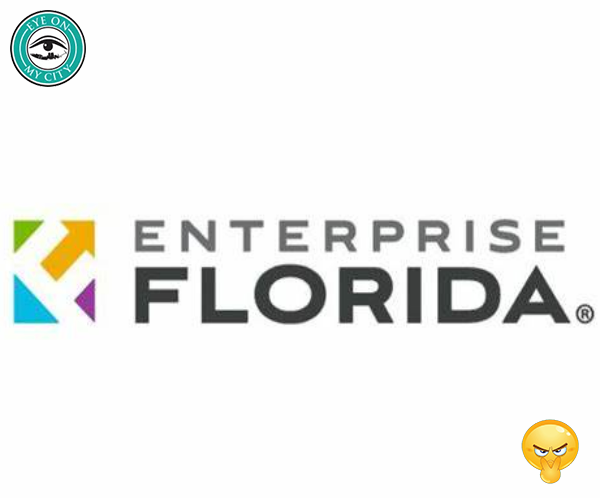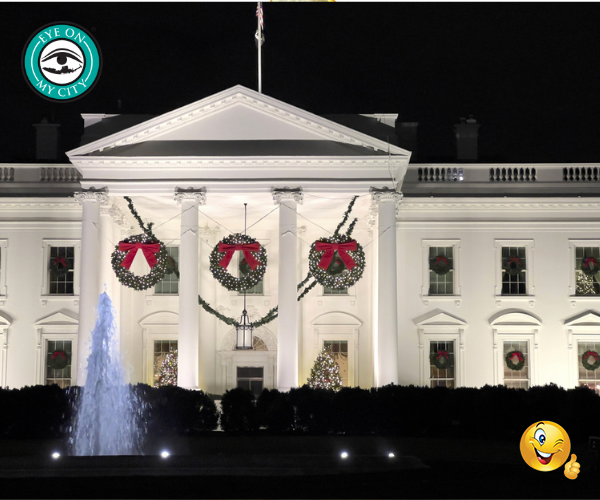An idea that has been simmering in the Florida Legislature for several years may be resolved this year and it has conservatives somewhat divided.
Eliminating Enterprise Florida, the state’s entity for business recruitment since 1996, is the goal of House Speaker Paul Renner.
Renner said the agency has overpromised and under-delivered for years and has outlived its usefulness.
Some people also are wary of the economic incentives the agency dispenses, arguing that the state of Florida doesn’t have to spend much on incentives because of its fine weather and low taxes. Another objection is that they give a benefit to new business that established competitors help pay for but don’t receive themselves.
In the final analysis, however, everyone agrees the future of Enterprise Florida will depend on what Gov. Ron DeSantis wants to do.
In its most recent annual report, Enterprise Florida quoted DeSantis as crediting the agency with establishing 61 economic projects that produced 12,564 new jobs and more than $2.5 billion in capital investment.
The functions of Enterprise Florida would be transferred to the Dept. of Economic Opportunity under DeSantis as of July 1.
In a debate on this issue in 2017, Jay Fant, then a House member from Jacksonville, argued in favor of retaining the agency.
He argued that one of the agency’s functions had a return on investment of 190 percent. Another returned 400 percent over a three-year period. This was without even considering the multiplier effect of new growth.
The legislature decided at that time to keep the agency but cut its funding. It got $13 million last year.
The debate is not whether to promote Florida. It is over which agency will do the work.
Dominic Calabro, CEO of Florida Tax Watch, is also a member of the board of Enterprise Florida. He told Eye on Jacksonville, “If we didn’t have Enterprise Florida we would need to invent it.”
Calabro said there are factions in the different areas of the state that rely on growth and tourism, and therefore a statewide voice is needed.
Calabro said it may have failed to meet all expectations, but some expectations were unrealistic. Also, the agency is doing a better job than it did years ago and some of its achievements are providing a long-term payback not captured in annual snapshots.
In 2016, a Tax Watch study of economic incentives noted that every state offers incentives. Although critics call it “corporate welfare,” there are benefits that can be measured, it said. While it found a high rate of return on many of the programs, Tax Watch found some were low and recommended weeding out the low performers.
Chris Black of Sunoptic Technology, a medical device company in Jacksonville, has been a client of Enterprise Florida for 20 years.
“I got involved when Jeb Bush was governor. He was in Germany several times promoting Florida.”.
Black said Enterprise Florida has gotten better over the years and is very professional and very consistent. The job it does could lose focus in larger organization, Black said.
As for the notion that a large government bureaucracy could do a better job, he says:
“I’m 66 and I’ve been dealing with government all my life and I don’t believe it.”










